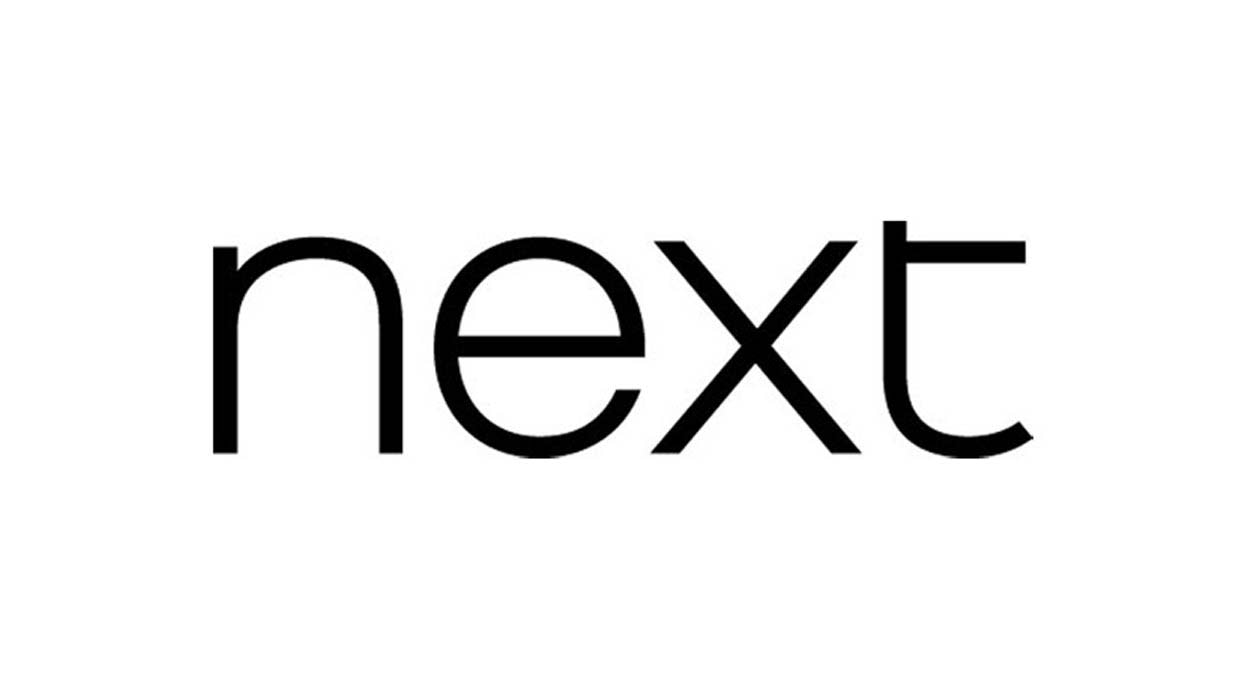Next reported full-price sales growth of 10.9% over the first half. Second-quarter growth of 10.5% landed around £49mn ahead of the group’s 6.5% growth guidance. The positive surprise was driven by favourable weather, major disruption at M&S, and faster-than-expected International growth due to effective digital marketing.
Surplus stock was up 5% on the prior year, with clearance rates running in line with group expectations.
Full-price sales growth guidance for the second half has been upgraded from 3.5% to 4.5%, with performance driven by International growth. That translates to full-year growth of 7.5% to £5.44bn.
Full-year pre-tax profit guidance has also been upgraded, with growth of 9.3% to £1.11bn now expected.
£81mn of share buybacks were completed over the first half.
The shares fell 1.2% in early trading.
Our view
Next breezed past its sales guidance over the first half, helped by disruption at a major competitor in the UK and impressive International growth. That led to yet another small upgrade to full-year profit guidance. But markets were underwhelmed by Next’s cautious guidance for the second half, and the shares fell slightly on the day.
Strong demand in its online channel remains a running theme and we continue to see it as the main growth driver. It already accounts for more than half of group sales, and expansion overseas is still in its early stages.
Around 90% of its overseas business comes from Europe and the Middle East, both of which can be serviced quickly and cheaply from the UK. Given the untapped size of these markets, and increased traction in new markets, there’s a big opportunity if Next can execute its expansion plans well, but overseas expansion carries a high level of execution risk.
We’re pleased to see full-price sales continue their upward trajectory. Delivering what fashion-conscious consumers want at the right price point is exactly what’s helping to keep Next’s profitability at the top end of its peer group.
While there are plenty of positives to take away from Next’s position in the industry, it’s important to remember that retail is a fickle sector. Styles can change quickly, meaning the group will always be chasing a moving target to deliver the right offering to customers. And any big missteps on this front will be costly.
The high street is also in decline and Next isn’t immune. Despite a first-quarter uptick in store sales, the longer-term trend has been moving in the wrong direction. The group has some insulation in the fact that its shops typically have shorter, more favourable leases than peers, and are more focussed on out-of-town retail outlets that have fared better. That gives extra flexibility and should allow it to make the best of tougher conditions. No bad thing given the challenging outlook for the UK economy.
Cash generation is healthy, allowing the group to trim down its debt level while still having plenty left over to fund share buybacks. There’s also a respectable prospective 2.1% dividend yield on offer, but as always, no shareholder returns are guaranteed.
Next remains one of our favourite companies in the retail industry, and we see the potential for more success if it can nail its overseas expansion. We don’t see the valuation as too demanding given its strong market position and growth opportunities. But given the cyclicality of the industry, investors still need to prepare for ups and downs.
A director of Hargreaves Lansdown is a Non-Executive Director of Next plc.
Environmental, social and governance (ESG) risk
The retail industry is low/medium in terms of ESG risk but varies by subsector. Online retailers are the most exposed, as are companies based in the Asia-Pacific region. The growing demand for transparency and accountability means human rights and environmental risks within supply chains have become a key risk driver. The quality and safety of products as well as their impact on society and the environment are also important considerations.
According to Sustainalytics, Next’s management of ESG issues is strong.
The group’s ESG issues are overseen by the Board, but its overall reporting doesn't meet leading standards. ESG performance targets aren't factored into executive compensation, and it discloses weak environmental policies and whistleblower programs.
Next key facts
All ratios are sourced from LSEG Datastream, based on previous day’s closing values. Please remember yields are variable and not a reliable indicator of future income. Keep in mind key figures shouldn’t be looked at on their own – it’s important to understand the big picture.
This article is not advice or a recommendation to buy, sell or hold any investment.No view is given on the present or future value or price of any investment, and investors should form their own view on any proposed investment.This article has not been prepared in accordance with legal requirements designed to promote the independence of investment research and is considered a marketing communication.Non - independent research is not subject to FCA rules prohibiting dealing ahead of research, however HL has put controls in place(including dealing restrictions, physical and information barriers) to manage potential conflicts of interest presented by such dealing.Please see our full non - independent research disclosure for more information.


